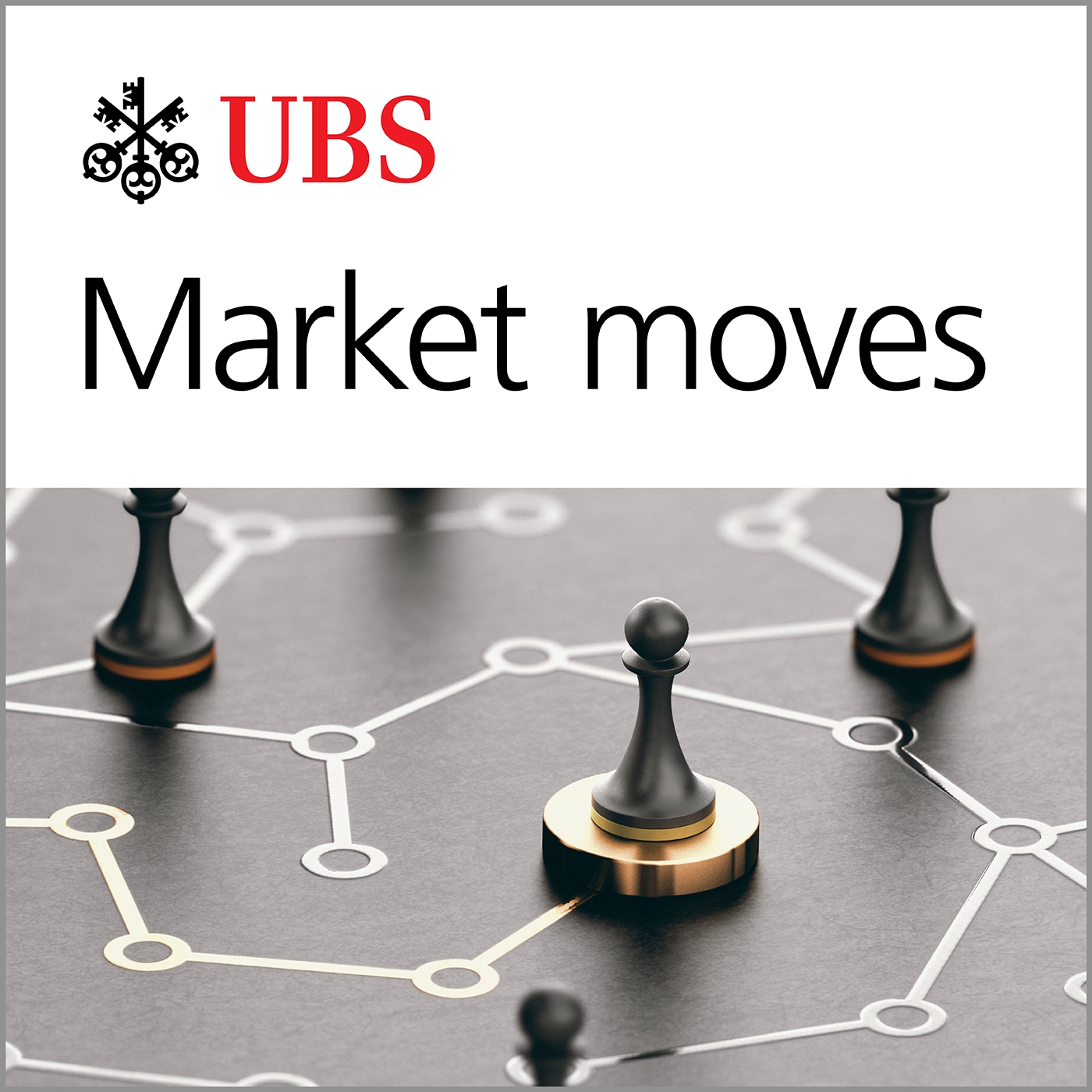UBS On-Air: Paul Donovan Daily Audio 'More taxes ahead'

UBS On-Air: Market Moves
Deep Dive
Shownotes Transcript
Good morning. This is Paul Donovan, Chief Economist at UBS Global Wealth Management. It's seven o'clock in the morning London time on Wednesday the 19th of February. US President Trump is once again threatening to tax US consumers aggressively, this time through high taxes on imported cars, pharmaceuticals and semiconductors. Is this a serious threat?
Trump has retreated with almost indecent haste from trade taxes that US consumers would notice. Taxing Mexican imports would lead to soaring avocado prices and doubtless considerable resentment from Gen Z citizens deprived of their avocado on toast. However, taxes that are less visible have been levied.
Consumers are unlikely to notice the increase in the price of aluminium when buying a six pack of beer as it raises the price by only about one and a half cents and that tax has therefore stuck. These taxes that are being proposed fall in between the two categories.
Cars are not a high-frequency purchase, and that makes their price less noticeable, although higher prices of imported cars will have a knock-on effect onto second-hand car prices and onto insurance costs as well. Higher taxes on imported pharmaceuticals will mean higher health insurance costs, but those will hit with a lag.
These taxes are likely to add further to US inflation, but are less obvious than a tariff on a Temu purchase or a tank of propane. Perception is what matters when it comes to inflation, and it may be that the broader context will dictate whether Trump can continue taxing US consumers in this way.
Consumers tend to focus on high-frequency purchases when thinking about inflation, and if those are rising in price, inflation perception is likely to rise swiftly, which would make it more difficult for Trump to keep raising consumer prices via tariffs.
As part of the food shopping basket, both directly and indirectly as an ingredient, egg prices get a lot of attention. A dozen eggs now costs more than the street price of a hit of cocaine.
The political fixation on this has a bearing on consumer expectations. And as the Trump administration has just accidentally fired a lot of people trying to contain the spread of avian flu, this sort of price, though relatively trivial to overall consumer spending, is likely to be politically and economically relevant.
Inflation perception is also relevant in the United Kingdom, of course, where airfares, petrol prices and food prices drove up headline consumer price inflation in January by more than expected. Services inflation was more modest than had been expected, and labour-intensive sectors of the economy are not really showing any significant inflation pressures arising from changing employment taxes.
The overall picture should not add to concerns at the Bank of England, therefore. The detail is just not showing increasing inflation pressures. And the Bank of England is run by economists who know how to look ahead and not overreact or be data-dependent.
Tax increases on private school fees did seem to have an effect through raising education costs, but that is not a price that is paid at all by the vast majority of the UK population. And it means that the inflation experience for most may be a little bit more modest than the headline numbers suggest.
We'll get the minutes of the US Federal Reserve January meeting today. These may be of a little bit more interest than normal as guiding how the Fed will react to trade taxes and the disruption of the US government's services. However, given the highly uncertain political environment at the moment, it's unlikely that too much can be read into the future policy path. That's all for today. Have a good day.
UBS Chief Investment Office's investment views are prepared and published by the Global Wealth Management Business of UBS AG or its affiliate, UBS. This material has no regard to the specific investment objectives, financial situation, or particular needs of any specific recipient and is published for informational purposes only.
As a firm providing wealth management services to clients globally, UBS AG and its subsidiaries offer both investment advisory services and brokerage services. Investment advisory services and brokerage services are separate and distinct, differ in material ways, and are governed by different laws and separate arrangements.
In the USA, UBS Financial Services Inc. is a subsidiary of UBS AG and a member of FINRA SIPC. For information, please visit our website at ubs.com forward slash working with us. For a full legal disclaimer applicable to the independent investment views produced by UBS, please visit our website at ubs.com forward slash CIO dash disclaimer.